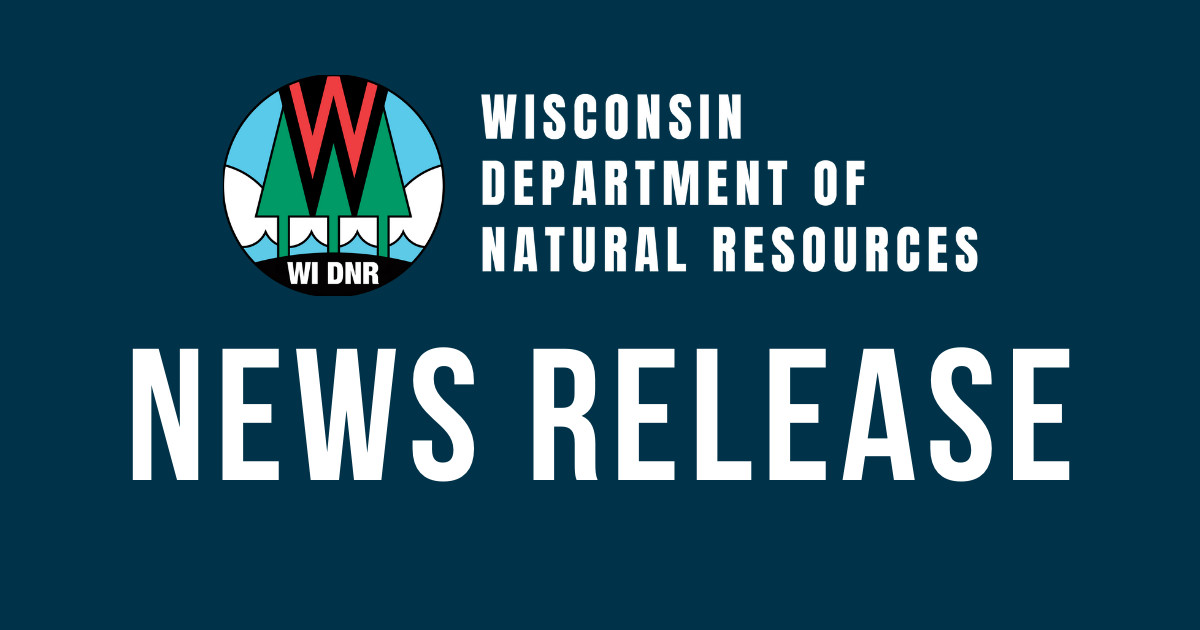Frequently Banned Troll
Well-known member
Unleash the sniveling little bitches.
Follow along with the video below to see how to install our site as a web app on your home screen.
Note: This feature may not be available in some browsers.
Still half of what we charge NR for an archery permit. As it should be. If they don't like it. I would be more than happy to see us residents have it to ourselves and pick up the rest of the tab.Look Wisconsin screwing over the nonresident crossbow hunter again...lol

Wisconsin DNR Announces Nonresident Hunting License Fee Increase | Wisconsin DNR
The Wisconsin Department of Natural Resources (DNR) today announced a fee increase for nonresident archer and crossbow hunting licenses.dnr.wisconsin.gov
Just because we are hunting all over the country doesn’t mean we are good at it.Idk squat about nonresident hunting… I stay in my own lane…
I have a freezer full of game and adding a turkey before long! How anyone could hunt 4 states for 12 different species spending thousands in the process just to struggle to eat all that is beyond me…
OK. As a resident of my state, I still stand on the opinion that nonresidents should receive no more than 10 or 15 percent of tags. The way it is run here benefits the few financially, with resident hunters having fewer opportunities than non-residents in the case of elk. Just go buy a tag from an outfitter, you say? Many if not most outfitters off-reservation here will not sell a tag to or guide a local, for fear the local will then turn around and hunt the honey hole himself next year, or tell his buddies. The guided hunt is where the money is for the landowner, and is almost exclusively the purview of the non resident hunter.Fixed it for you.
Disagreeing with the premise does not mean non residents don’t understand.
There might be a better understanding and might be why it is so common in our comments and emails.Well said.
@Big Fin, I wonder if the fact that you’re seeing this subject more and more often on your forum may instead be a sign that many NR’s actually are gaining a better understanding of how things are set up- and they are realizing it’s kind of a scam in many cases.
I did enjoy the video piece, well balanced and I do appreciate you addressing a touchy topic straight on.
What about 3) Increased hunter recruitment and popularity from social media?There might be a better understanding and might be why it is so common in our comments and emails.
And maybe a better understanding does result in people realizing more and more how it is a system designed to favor the residents of said state, and therefore the non-resident is merely along for the ride, however rough that ride might be in terms of cost and low opportunity.
All that said, until the USSC rules differently on these issues, in the states where we are non-residents, we can expect less and less opportunity for more and more cost, as long as two trends continue; 1) rapid resident population increase in the Rocky Mountain states, and 2) reduced herds across the west due to human-causes habitat declines.
Thus my continued harping on changing the trends of #2 above. When we make more progress on herds and habitat, the tension in this R/NR allocation drops. And that is part of why I hate point schemes. Those schemes make it seem like somehow we are putting more animals on the landscape, when all we are really doing is reorganizing priority for access to the ever-shrinking resource of wildlife, with the reorganization normally benefiting old farts like me, residents, and those with high levels of financial/political capital.
I’m going to put this out for consideration. Many of we HTers throw down app fees, bonus point costs every year in the hope of drawing a permit in which to pursue game on public lands. Over time it becomes thousands of dollars. Well now, follow these links to see how much it costs to pursue the King’s deer in a Scotland red stag hunt on private land this year. I would ballpark a grand for airfare (Dallas to Edinburgh) and maybe three for everything else including gratuity. $4000. Let that marinate in your brain a bit. It’s cheap, right? Considering everything included, it is very “affordable” over donating the same to various State game agencies over several years. Then driving ourselves, lodging/food expenses. Don’t get me wrong, I don’t need to hunt Scottish red deer, but considering the expense to hunt in my own country, we then ask why the hell not?
Red Stag and Deer Hunting in Scotland
Red Stag, Stalking and Hunting in Scotland with Accommodation - Priceswww.directsportinglets.co.uk
[URL
I'll use up the points I have then will focus on hunting abroad. Would like to kill a moose in canada and then maybe Africa or Ibex in Austria.
NR should take note of that trend and support every single initiative that allocates tags that can be put onto the free market.
We have seen so called “conservation orgs” that’s morphed into tag mining machines to get tags into the free market…in the name of conservation. I say the they were just ahead of the curve.
NR should take note of that trend and support every single initiative that allocates tags that can be put onto the free market. Because that will be the only way you’re going to go compete in the future. Outfitter allotments, transferable land owner allotments, PLT to the states who will now have to pay to manage the land resources will have look for ways the land to pay for itself, no problem ….Nevada and Utah start selling concessions with tag allocations.

Yeah, most definitely, I can see this flying in Montana.
Yes, as resident population growth continues and herds decline, residents will ask to keep their opportunity static. If they keep their opportunity static, the only place for change in declining herds is the non-resident allocation. That is a function of a state-based system and application of the Public Trust Doctrine, whereby one group (residents) are Beneficiaries that imposes an obligation on the Trustees, while the other group (non-residents) are Stakeholders that only require Trustees to consider their interest to the degree it helps the Trust and Trust Corpus (wildlife). That's a huge difference in standing and results in what we see, the Stakeholders sustain their seat at the table with funding.For me the take away is Resident hunters will not stop until they have as much of pie as possible while a small sliver goes to the NR who pay for the majority of it.
We have seen so called “conservation orgs” that’s morphed into tag mining machines to get tags into the free market…in the name of conservation. I say the they were just ahead of the curve.
NR should take note of that trend and support every single initiative that allocates tags that can be put onto the free market. Because that will be the only way you’re going to go compete in the future. Outfitter allotments, transferable land owner allotments, PLT to the states who will now have to pay to manage the land resources will have look for ways the land to pay for itself, no problem ….Nevada and Utah start selling concessions with tag allocations.